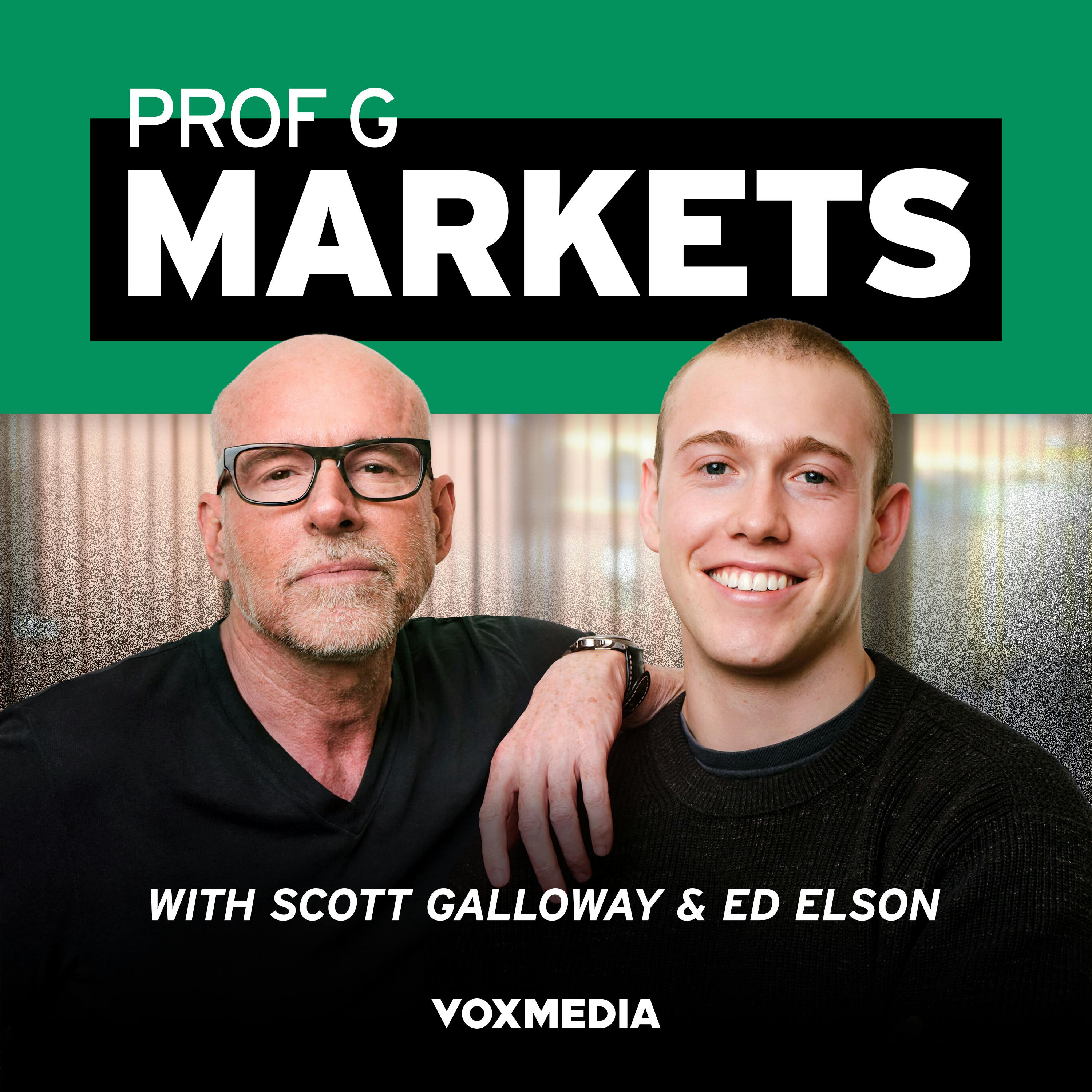Meme Stocks are Back — What’s Fueling the Resurgence?
Scott and Ed break down how tariffs have impacted second quarter earnings so far and what’s in store for U.S. companies. Then, they dig into OpenAI and Oracle’s latest partnership. Ed explains why he has been bullish on Oracle for a while and Scott makes the case that Larry Ellison is one of the more underrated figures in tech. Finally, they look into the comeback of meme stocks, what it reveals about the economy, and why young investors could be left holding the bag.
Subscribe to the Prof G Markets newsletter
Order "The Algebra of Wealth," out now
Subscribe to No Mercy / No Malice
Follow the podcast across socials @profgmarkets
Follow Scott on Instagram
Follow Ed on Instagram and X
Learn more about your ad choices. Visit podcastchoices.com/adchoices
Subscribe to the Prof G Markets newsletter
Order "The Algebra of Wealth," out now
Subscribe to No Mercy / No Malice
Follow the podcast across socials @profgmarkets
Follow Scott on Instagram
Follow Ed on Instagram and X
Learn more about your ad choices. Visit podcastchoices.com/adchoices
Press play and read along
Transcript
Transcript is processing—check back soon.
Prof G Markets — Meme Stocks are Back — What’s Fueling the Resurgence?





